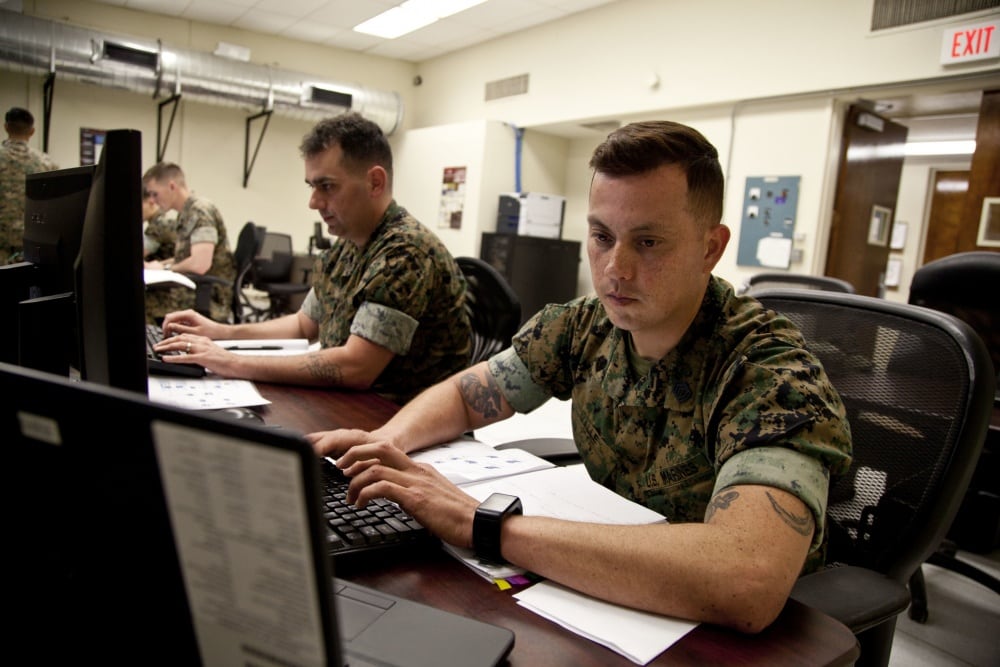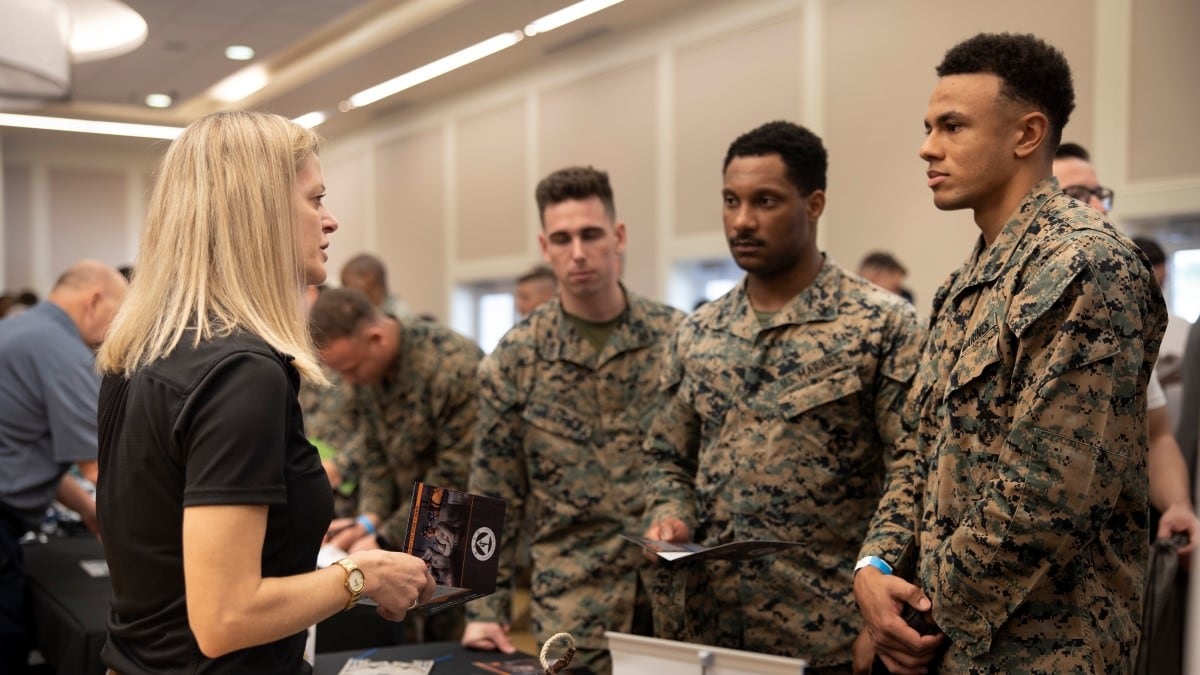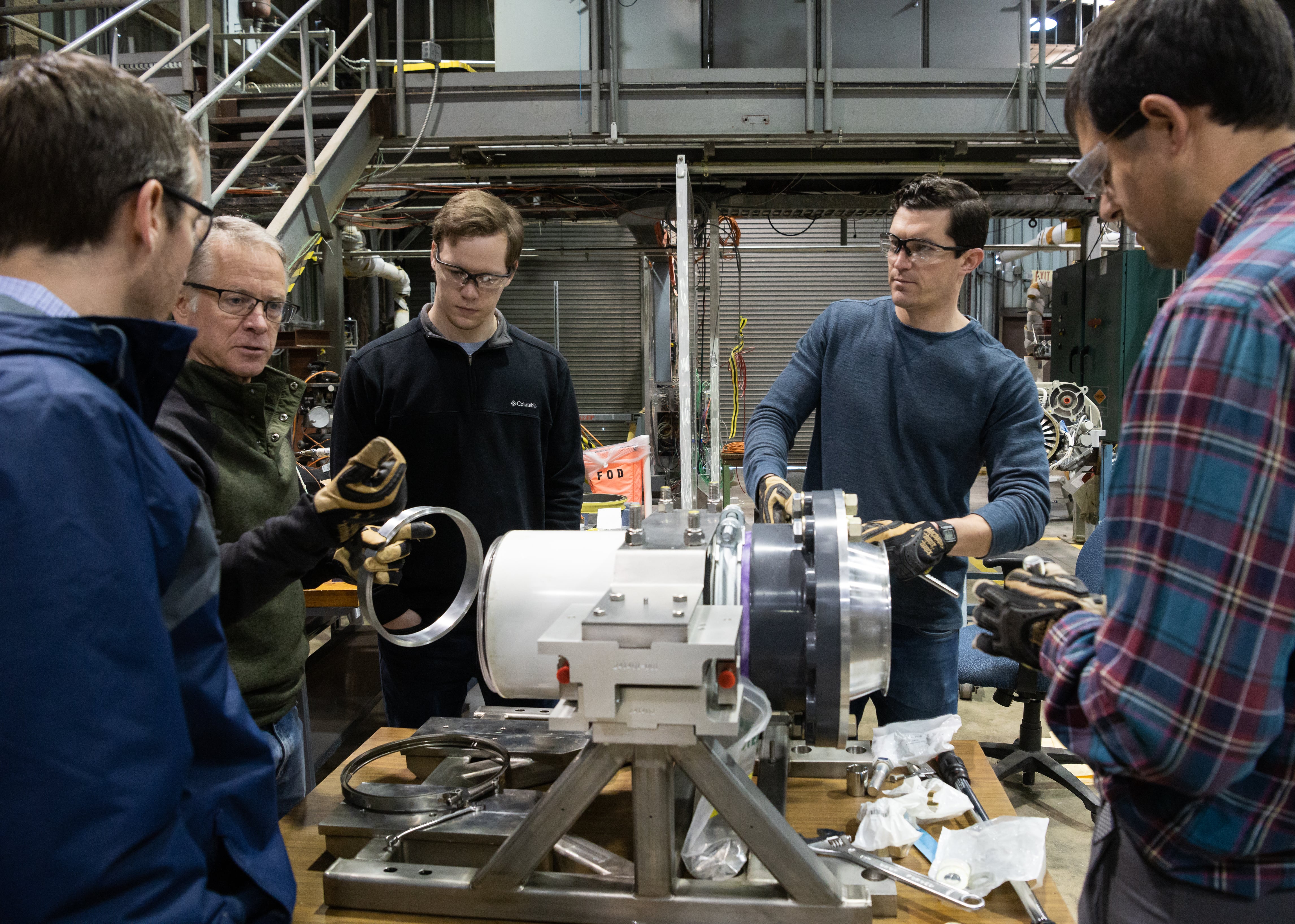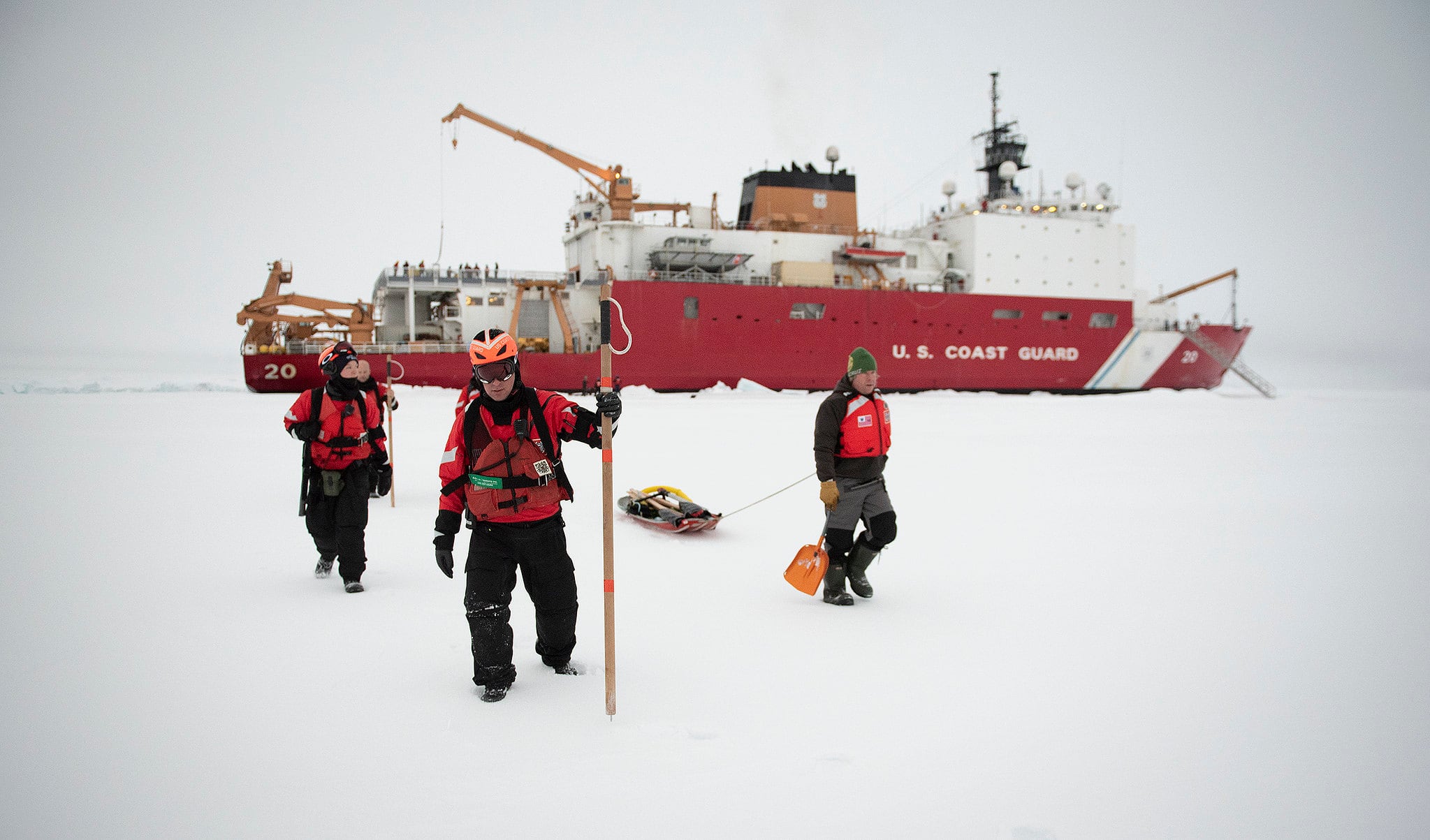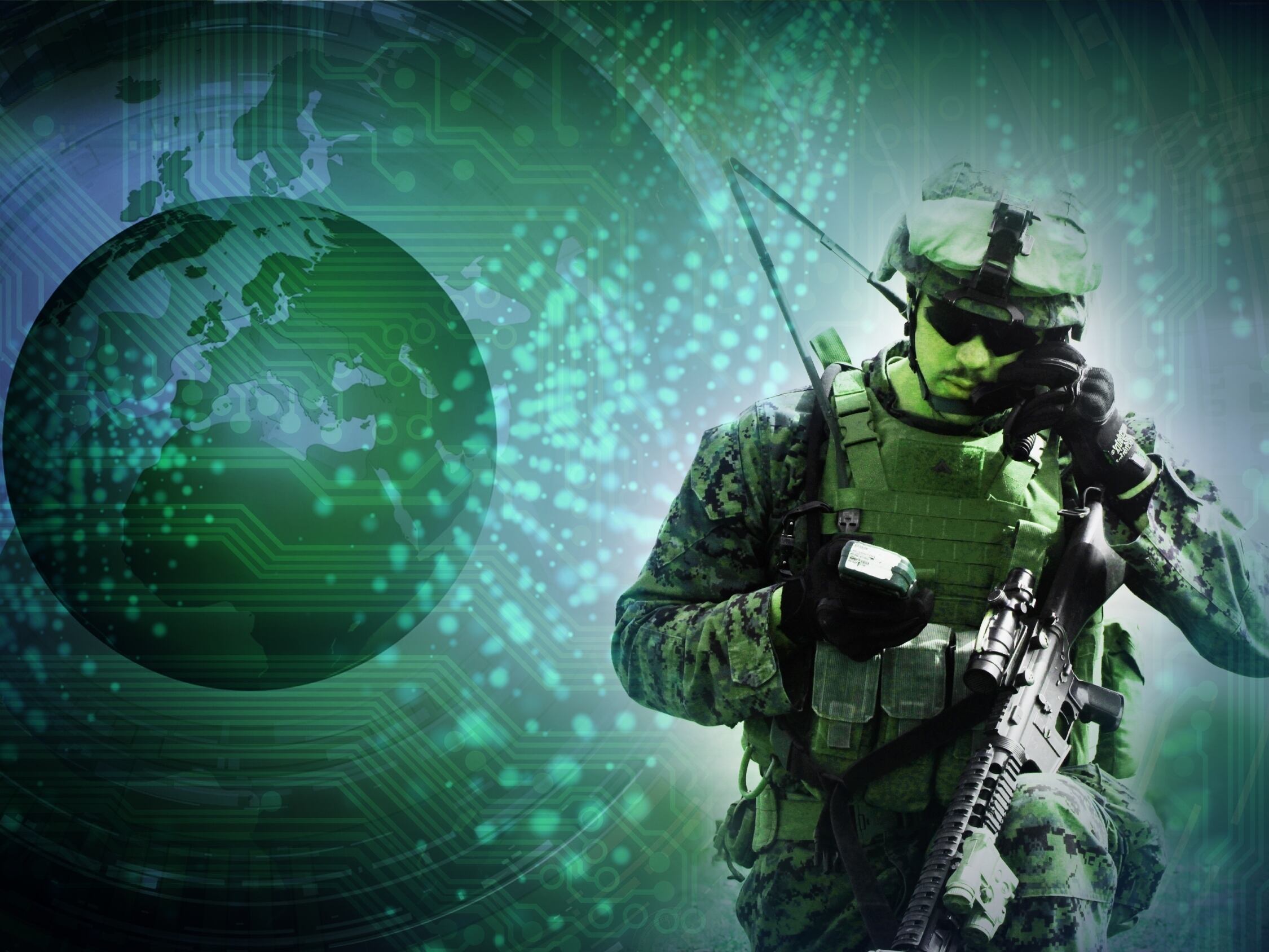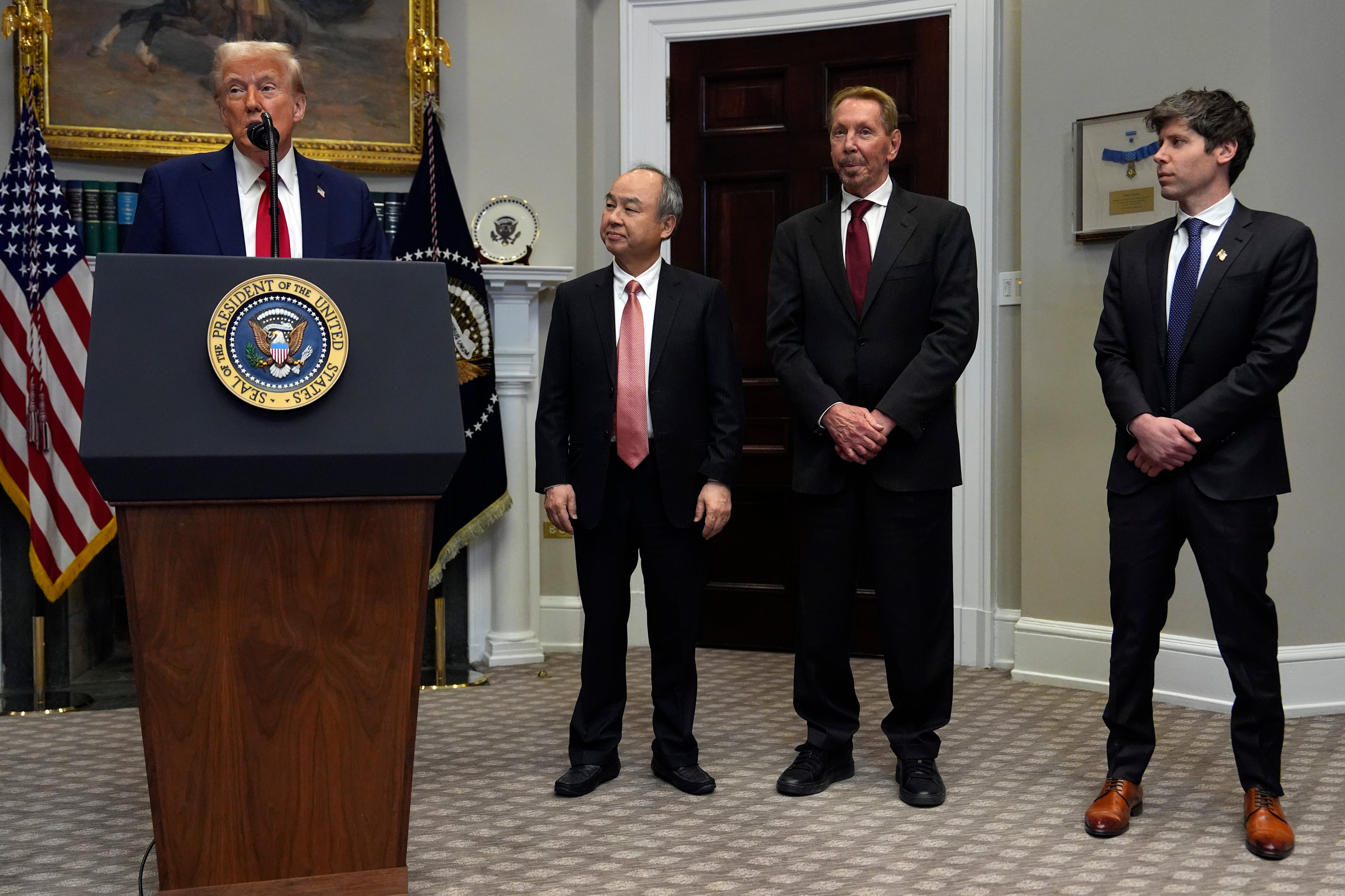A new pool of subject matter experts of who can be called in to help on cyber or IT issues for the Marine Corps has begun its work, including for a project on defensive cyber operations and another to improve automated tasks on networks.
Officials told Fifth Domain the members of the Marine Corps Cyber Auxiliary aren’t hackers with tattoos and purple hair, as was thought, when the program was activated in May. Instead, they are industry, academic, technical and project management experts.
“It is a pool of highly qualified individuals who want to help the Marine Corps and increase their effectiveness and readiness in the cyberspace domain,” Maj. Stephen Magee, the auxiliary’s program manager within the Deputy Commandant for Information, told Fifth Domain in an interview. He added the program is entirely voluntary.
RELATED
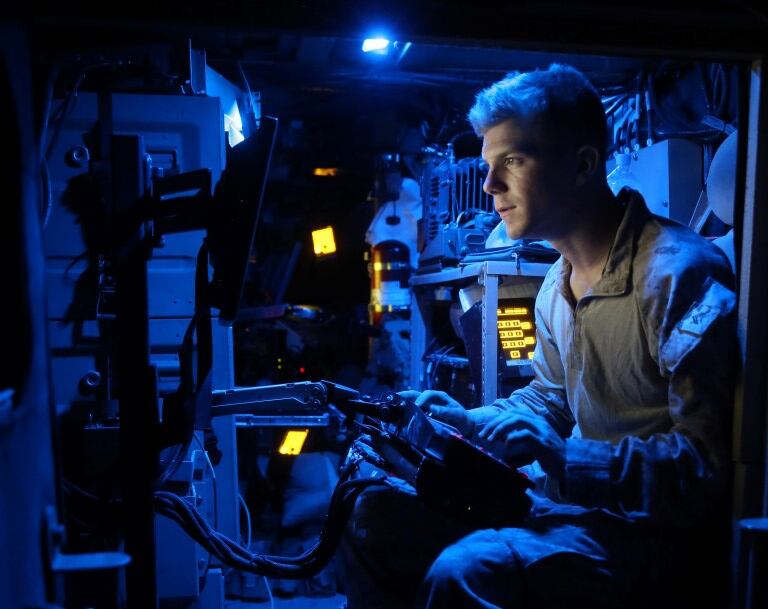
In early 2018, the Marine Corps’ previous commandant wanted to bring in highly qualified experts who could link up with the Marine Corps and volunteer their time, Magee said. The result was the Cyber Auxiliary.
Organizations within the Marine Corps that require help on a particular project or program can fill out paperwork for a specific requirement. The Cyber Auxiliary team will then weigh those requirements against the pool of volunteers and choose who might be best to help. For example, it may be a one-time advisory session or a longer effort that offers guidance periodically throughout.
One of the first areas of focus for the auxiliary was the defensive cyber operations-internal defensive measures companies that reside within the Marine Expeditionary Force (MEF) Information Groups (MIG). These are be specialized and tactically focused defensive cyber teams.
Magee said the auxiliary has volunteers with expertise in digital forensics and industrial control systems that can assist in this realm.
Other efforts include a requirement for agile development, a service-wide capture the flag event and automation.
Automation task force
One of the first projects undertaken by the auxiliary was the creation of an automation task force in response to a requirement from Marine Corps Forces Cyberspace Command.
It started when Maj. John Schreiner, G6 project officer within the command, was looking for help with a network modernization project.
“Think about it like you’re putting in a sewer system. You could never have laid any pipe before, never understood about water flows … read a couple of books and try it,” he said. “Or you can engage with subject matter experts who’d actually done it before and remind you like ‘hey make sure you don’t cut power cables or fiber optic cables when you’re putting those pipes down.’ Talking to somebody who’s done it before makes a pretty big difference.”
Magee explained that when Schreiner approached the auxiliary, the team was certain others had faced the problems he but instead could offer suggestions on how they might do it differently.
At first, a small group of experts attended a question-and-answer session with the Schreiner’s team. The experts made him aware of problem sets he should be aware of that he initially didn’t consider.
Schreiner said modern networks are complicated and IT personnel are beginning to realize they must start automating tasks or be overrun by a to-do list. As a result, the meeting led to an automation task force.
“It’s highly focused on not making initial mistakes that stop or impede the group from progress," Schreiner said.
Magee added that the auxiliary will ensure Schreiner’s team takes “an extremely informed first step. As he continues to progress, that’s what this task force automation is there for.”
Mark Pomerleau is a reporter for C4ISRNET, covering information warfare and cyberspace.
